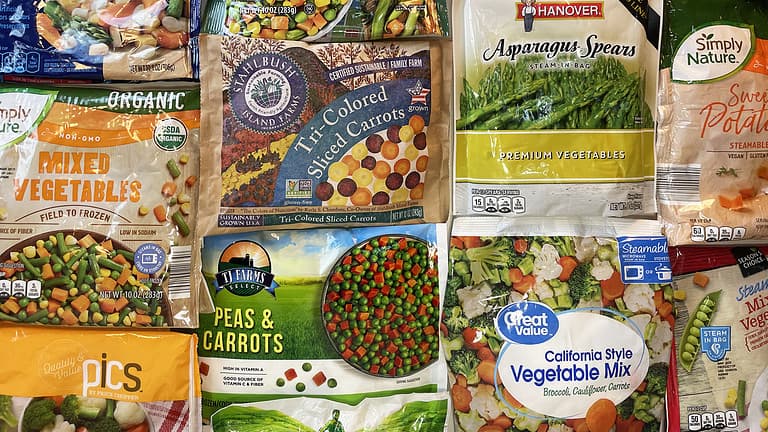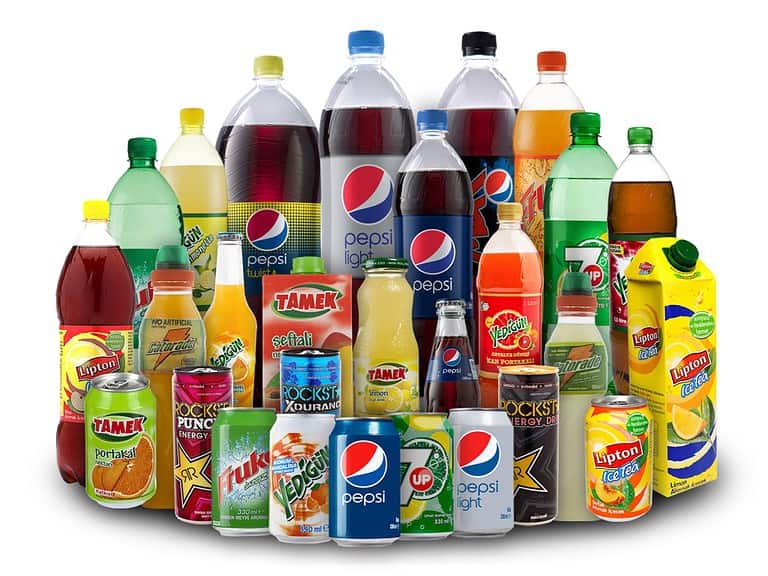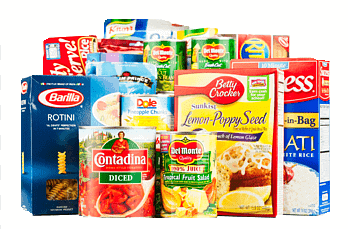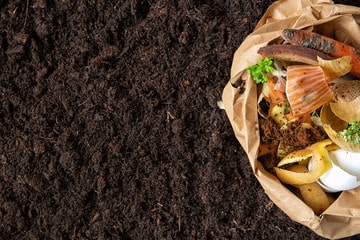Organic Waste
Organic waste, also known as biodegradable waste or green waste, is a diverse category of waste materials primarily derived from living organisms and contains a significant amount of organic (carbon-based) matter.
Food Waste: This is one of the most common and significant components of organic waste. It includes spoiled or expired food, vegetable and fruit peels, coffee grounds, and any food materials that are discarded.
Yard Waste: This category encompasses various organic materials from landscaping and gardening activities, such as grass clippings, leaves, tree branches, and pruned shrubs.
Agricultural Waste: Organic waste generated from farming activities, including crop residues, plant stalks, and other byproducts.
Green Waste: This term refers to organic materials related to plants, such as plant trimmings, weeds, and plant clippings from landscaping and gardening.
Wood Waste: Organic waste that includes wood-related materials like sawdust, wood chips, and wooden debris.
Paper Waste: This category comprises organic paper products, such as newspapers, cardboard, paper towels, and other paper-based materials.
Textile Waste: Organic textiles like cotton, wool, and other natural fibers can decompose, making them part of organic waste.
Organic waste is distinct from inorganic waste, which includes materials that do not readily decompose, such as plastics, metals, glass, and synthetic materials. Proper management of organic waste is essential.





